It’s been a long haul correcting double action misfires on my snubnose Smith and Wesson revolver, but the magnificent Model 60 is where I want it to be now. Here’s how I went about it.
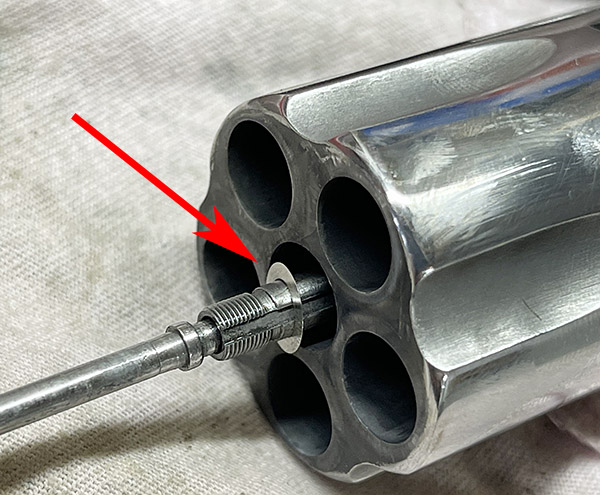
My Model 60 had too much end shake (the cylinder had a lot of back and forth play). Shimming the cylinder with TriggerShim’s excellent shims quickly corrected that problem. Shimming the cylinder keeps it closer to the firing pin and that permits more energy from the hammer’s fall transferring directly into the primer. You can read our blog about correcting cylinder end shake here.
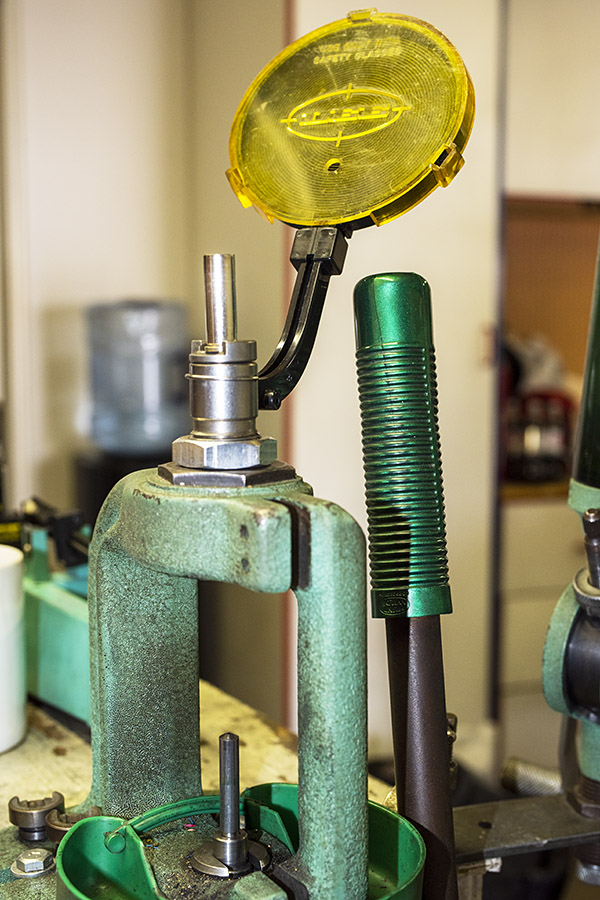
My reloaded ammo’s primers were not completely seated. When that occurs, some of the hammer and firing pin’s energy goes into fully seating the primer rather than firing it. You want ammo reloaded for use in double action revolvers to have very slightly flattened primers after the primer seating operation, and that can be achieved with Lee’s excellent primer seating tool. You can read about that here.
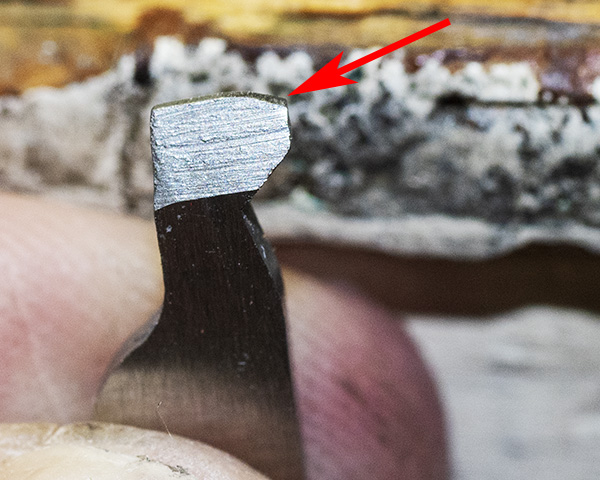
If a revolver is out of time the firing pin will hit the primer off-center resulting in unreliable ignition. If you shoot enough your revolver will go out of time. Correcting revolver timing typically involves fitting a new hand and you can read about that here.
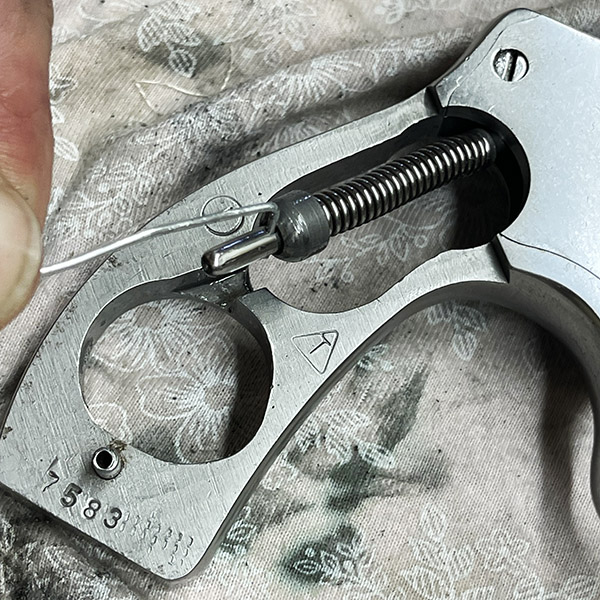
If your revolver’s hammer spring has weakened over the years or as a result of use you can easily install a new Wolff hammer spring. We wrote a blog about that you can read here.
If you’re having problems with misfires in a double action revolver, the above areas are where I would look first.
More Tales of the Gun!
Never miss an ExNotes blog…sign up here for free!
Popup ads…we love ’em. Click on them (a lot) and you’ll have two friends for life at ExNotes!

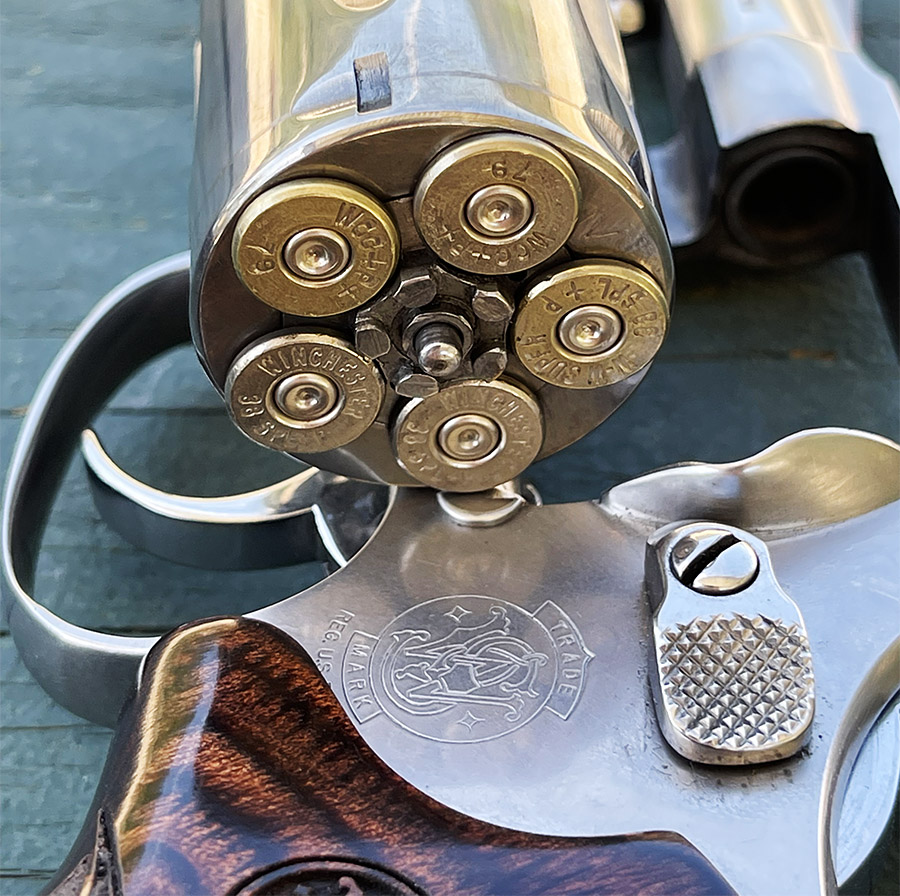
Excellent Blog to point guys without your extensive knowledge in the right direction to fix this common problem.
Hardly a week goes by when I am not asked about light strikes, and now you have made my future replies so much easier with your condensed article!
Good Smithing,
LC
You bet. Thanks for commenting.